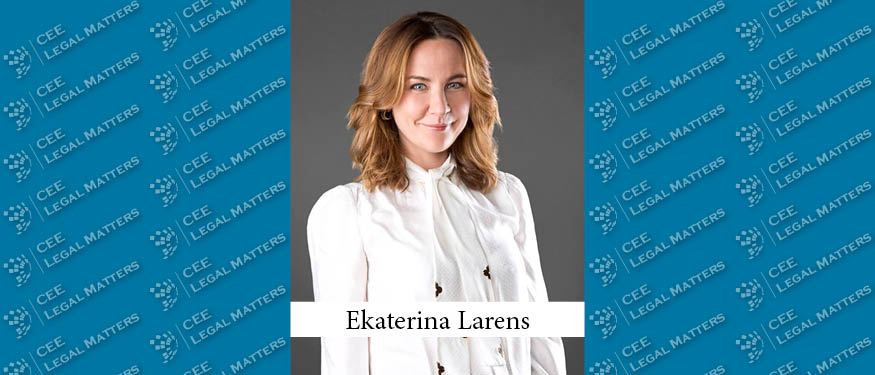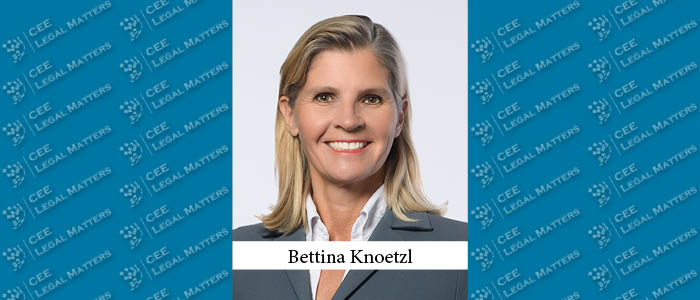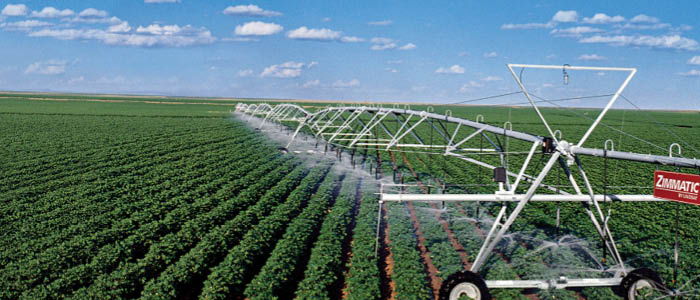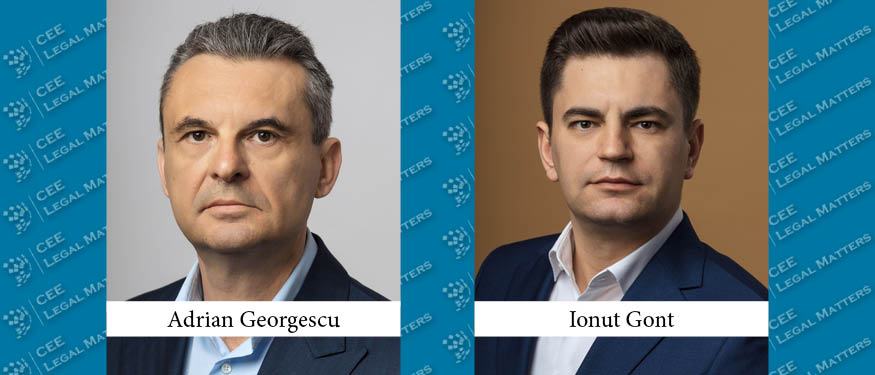It has been a long time coming and is among the most requested changes in criminal procedure law. Finally, on 24 April 2024, the Austrian government presented a draft bill aimed at increasing the contribution to legal costs for suspects acquitted in criminal proceedings. While it is a giant step forward, serious doubts remain about whether it goes far enough.
PHH, Dentons, and DKRA Advise on RGreen Invest EUR 50 Million Loan Financing for German-Austrian CCE Group
PHH has advised RGreen Invest on its EUR 50 million financing for the CCE Group to start construction of a 400-megawatt portfolio of photovoltaic projects. Dentons and Dumfarth Klausberger advised CCE.
Taylor Wessing Advises Lenders on EUR 600 Million Refinancing of Wienerberger's Terreal and Creaton Purchases
Taylor Wessing has advised a syndicate of international banks on their EUR 600 million facility agreement for Wienerberger AG to refinance its acquisitions of the Terreal and Creaton groups. E+H reportedly advised the borrower.
Dorda Advises RSBC Investment Group on Steyr Arms Purchase
Dorda has advised the Czech RSBC Investment Group on its strategic acquisition of Austrian firearm manufacturer Steyr Arms.
Taylor Wessing Advises Denkstatt on Integration with EY in Austria, Bulgaria, Romania, Hungary, and Slovakia
Taylor Wessing has advised the shareholders of the international Denkstatt Group on its integration with EY in Austria, Bulgaria, Romania, Hungary, and Slovakia. EY Law reportedly advised EY.
Binder Groesswang Advises Trill Impact on Partnership with TT Medic
Binder Groesswang, working with Hengeler Mueller and Baer & Karrer, has advised private equity investor Trill Impact on its partnership with cleanroom plastics manufacturer TT Medic.
Ekaterina Larens Makes Partner at DLA Piper in Vienna
DLA Piper has promoted Ekaterina Larens to Partner in Austria, effective May 1, 2024.
Wolf Theiss Advises Arkema on Majority Stake Acquisition in Proionic
Wolf Theiss has advised the Arkema Group on its acquisition of a nearly 78% stake in ionic liquid start-up Proionic.
Austria’s Historic Insolvency: A Buzz Interview with Bettina Knoetzl of Knoetzl
Austria’s real estate business currently faces multifaceted challenges following the unexpected rise of interest rates and inflation in 2022, according to Knoetzl Partner Bettina Knoetzl, with “the SIGNA Holdings insolvency sending shockwaves throughout the industry and the country.”
CEELM Deal of the Year Awards Banquet: And the Winner Is…
On the evening of April 25, 2024, the Deal of the Year Awards Banquet brought together, under the same roof, top-tier lawyers from Central and Eastern Europe's leading law firms in the region in Warsaw.
Dorda and Wolf Theiss Advise on IXOPAY Merger with TokenEx
Dorda, working with Wilson Sonsini, has advised fintech company IXOPAY and shareholders Rene and Nathalie Siegl on the merger with US cloud tokenization provider TokenEx. Wolf Theiss, working with US-based Morris Manning & Martin, advised TokenEx.
Baker McKenzie Advises Lindsay on Investment in Pessl Instruments
Baker McKenzie has advised the Lindsay Corporation on its acquisition of a 49.9% stake in Austria-based Pessl Instruments, with an option to acquire the rest at a later date. HBA reportedly advised Gottfried Pess on the sale.
CMS Appoints 12 New CEE Partners in 54-Strong Global Promotion Round
The most recent promotion round at CMS saw 54 lawyers promoted to the firm's partnership ranks, including Austria-based Daniela Kroemer, David Kohl, Florian Mayer, Kai Ruckelshausen, Lukas Peissl, Marlene Wimmer-Nistelberger, and Sonja Otenhajmer, Bulgaria-based Jenia Dimitrova, Hungary-based Agnes Solyom, Eszter Torok, and Katalin Horvath, and Poland-based Tomasz Sancewicz.
Christoph Gaar and Roman Gietler Make Partner at Mueller in Vienna
Christoph Gaar and Roman Gietler have been promoted to Partner positions with Mueller Partner Rechtsanwaelte in Vienna.
BPV Huegel and CMS Advise on Verbund Acquisition of 10-Megawatt Wind Farm in Burgenland
BPV Huegel has advised Verbund on its acquisition of a Burgenland wind farm with a total nominal output of 10.15 megawatts from a private wind farm developer and operator. CMS advised the undisclosed sellers.
Marcell Nemeth Becomes Head of the Finance Practice for DLA Piper Austria
DLA Piper appointed Partner Marcell Nemeth as the firm's new Head of the Finance Practice.
The Debrief: April 2024
In The Debrief, our Practice Leaders across CEE share updates on recent and upcoming legislation, consider the impact of recent court decisions, showcase landmark projects, and keep our readers apprised of the latest developments impacting their respective practice areas.
Schoenherr and Cuber Advise on Caverion Acquisition of Climacraft's Refrigeration and AC Business
Schoenherr has advised Caverion Oesterreich on its acquisition of the refrigeration and air conditioning business of Climacraft. Cuber advised Climacraft.
































